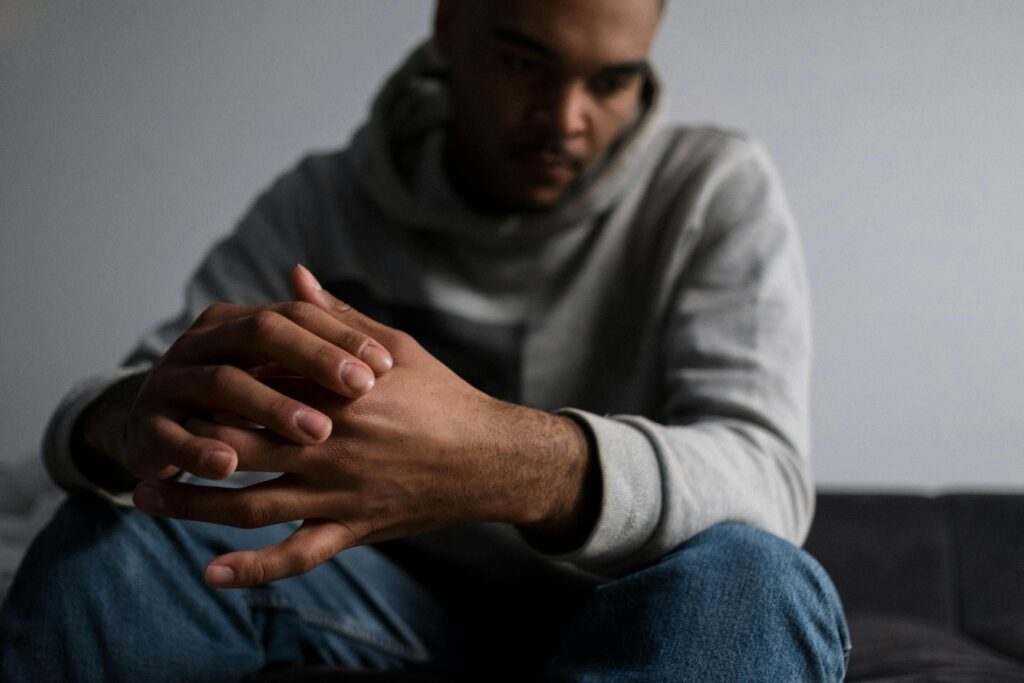Combining alcohol with drugs—whether prescription, over-the-counter, or recreational—may seem harmless in the moment, but it’s a risky behavior that can lead to severe health consequences. At Willow Springs Healing Center, we’ve seen firsthand how this dangerous mix can escalate quickly. Understanding the risks is the first step toward making safer, more informed decisions.
Why Mixing Substances is So Dangerous

Alcohol and drugs each affect the brain and body in powerful ways. When used together, these substances can interact unpredictably, often amplifying their effects. The results can range from mild discomfort to life-threatening emergencies, depending on the type of drug, dosage, and amount of alcohol involved.
Alcohol and Prescription Drugs: A Risky Pairing
Many people assume that doctor-prescribed medications are safe under all conditions. But mixing these medications with alcohol can interfere with how they work—and in some cases, lead to dangerous or even fatal consequences.
- Opioids (e.g., Oxycodone, Hydrocodone) – Combining alcohol and opioids increases sedation and suppresses breathing, dramatically raising the risk of overdose, coma, or death.
- Benzodiazepines (e.g., Xanax, Valium) – When mixed with alcohol, these anti-anxiety drugs can cause excessive drowsiness, disorientation, and slowed motor skills—leading to falls, accidents, and dangerous behavior.
- Antidepressants (e.g., SSRIs, MAOIs) – Alcohol can worsen depression symptoms and trigger serious side effects such as high blood pressure or seizures when combined with these medications.
Over-the-Counter Drugs and Alcohol: Not as Safe as You Think
Even everyday medications from your local pharmacy can become hazardous when mixed with alcohol.
- Cold and Allergy Remedies (Antihistamines) – These drugs can cause drowsiness and slowed reaction times; alcohol intensifies these effects, making activities like driving especially dangerous.
- Painkillers (Acetaminophen, Ibuprofen) – Alcohol increases the risk of liver damage and stomach bleeding when taken with common pain relievers like Tylenol or Advil.
Alcohol and Recreational Drugs: A Volatile Mix
Mixing alcohol with recreational drugs is particularly unpredictable and often leads to severe physical and psychological effects.
- Cocaine + Alcohol – This combination creates a toxic substance called cocaethylene, which increases euphoria but puts immense strain on the heart—raising the risk of heart attack, stroke, or sudden death.
- Marijuana + Alcohol – The combination can cause nausea, dizziness, and coordination issues. It can also trigger anxiety or paranoia, especially in new users.
- MDMA (Ecstasy) + Alcohol – Both substances dehydrate the body and elevate heart rate, increasing the risk of overheating and heart complications while lowering inhibitions.
- Hallucinogens + Alcohol – Psychedelics alter perception and thought. Mixing them with alcohol can lead to panic, confusion, or dangerous behavior due to impaired judgment.
What Happens in the Body When Substances Are Mixed?
When drugs and alcohol are consumed together, their effects are magnified. Here’s what happens:
- Depressants, like opioids and benzodiazepines, become more sedating, potentially leading to respiratory depression or overdose.
- Stimulants, like cocaine or amphetamines, produce more intense highs and more severe crashes when mixed with alcohol, which can confuse the body and increase risk of cardiovascular complications.
- Metabolic Interference – Alcohol slows down the body’s ability to break down other substances. This can lead to drugs lingering longer in your system, increasing their potency and side effects.
Most alarmingly, mixing alcohol with other substances often increases the likelihood of overdose. Both the liver and central nervous system are under strain, raising the risk of liver failure, respiratory suppression, or cardiac arrest.
Immediate and Long-Term Consequences
Short-Term Risks
- Impaired judgment and poor decision-making
- Nausea, vomiting, or dehydration
- Slowed reflexes and motor impairment
- Increased risk of injury, accidents, or overdose
- Panic attacks or emotional instability
Long-Term Risks
- Permanent liver damage or failure
- Increased risk of heart disease, stroke, and hypertension
- Memory loss and cognitive decline
- Development of mental health disorders
- Physical dependence or full-blown addiction
What to Do if You’re Mixing Alcohol and Drugs
If you find yourself regularly combining alcohol and drugs—or if someone you care about is—it’s crucial to take the issue seriously. Recovery is possible, but the first step is acknowledging that there’s a problem.
Start by opening up to someone you trust—a friend, a family member, or a support group. Shared understanding can ease the burden and help you take the next step. Professional treatment offers even more support, with therapies and resources tailored to your unique challenges.
At Willow Springs Healing Center, we specialize in helping individuals who struggle with substance use, including co-occurring alcohol and drug dependence. Our outpatient programs are designed to provide flexible, effective care that fits your life.
Begin Your Recovery With Willow Springs Healing Center

Mixing alcohol with drugs can seem like a small risk, but the consequences can be life-altering—or life-ending. Whether it’s prescription pills, over-the-counter medicine, or street drugs, combining them with alcohol increases health risks in serious and often irreversible ways.
If you or someone you love is caught in this dangerous cycle, you’re not alone—and it’s not too late to seek help. At Willow Springs Healing Center, our compassionate team is ready to support you every step of the way. Through personalized care, therapy, and peer support, we’ll help you break free from addiction and move toward a healthier, more empowered future.
Take the first step today—contact Willow Springs Healing Center and start your journey to lasting recovery.

